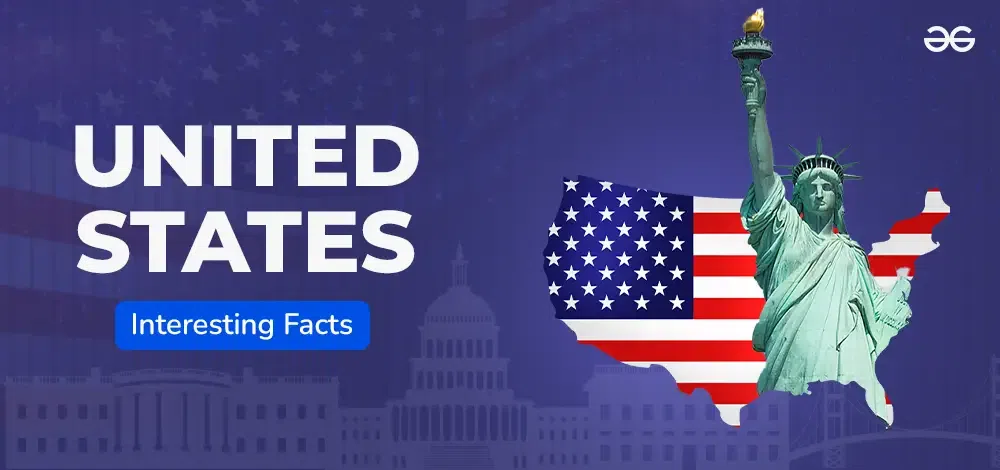
The strength of a nation’s currency often reflects the robustness of its economy, and in the case of the United States, the dollar stands as a symbol of economic dominance. But what lies behind the whispers of clandestine maneuvers and covert dominance purportedly orchestrated by American institutions? This video delves into intriguing perspectives surrounding the notion that the USA wields unparalleled influence over the world economy.
Global Economic Influence: Tactics and Speculations
One captivating yet controversial perspective suggests that American institutions strategically wield significant sway over the world economy through tactics like debt and economic coercion. Proponents argue that by extending financial assistance, these entities create a web of dependency, influencing the policies and decisions of other nations to their advantage. However, whether this perspective holds weight remains a subject of debate.
Petrodollar Analysis: The Link between Oil and Currency
The Petrodollar analysis posits that the United States exercises significant influence over global economic dynamics through its dominance in the international oil trade. Agreements made primarily with oil-producing nations in the 1970s solidified the US dollar as the currency for oil transactions, perpetuating demand for the American currency and reinforcing its economic influence globally.
Wall Street Influence: Shaping Global Economic Trends
The notion of Wall Street influence suggests that US financial institutions, particularly those centered on Wall Street, play a significant role in shaping global economic trends. Key players within these institutions allegedly leverage financial power and insider knowledge to impact stock markets, commodity prices, and even international monetary policies, molding economic outcomes to their advantage.
IMF and World Bank Influence: Tools of American Diplomacy
The perspective of IMF and World Bank influence proposes that the United States exerts its sway over international financial institutions to shape policies aligning with its interests. Historical instances suggest that conditions attached to financial aid or loans from these institutions may serve US geopolitical goals, raising questions about the extent of American influence over global economies.
Banking Cartel Influence: Behind-the-Scenes Power Brokers
The concept of banking cartel influence posits that American banking families or institutions operate as secretive alliances, wielding substantial influence over global finance. Families like the Rothschilds and Rockefellers, along with major banking institutions, allegedly shape economic events, currencies, and policies to ensure their continued dominance.
Reflections and Contemplations
While skepticism is essential when considering such claims, maintaining an open mind allows for a thorough examination of the forces shaping our interconnected economic world. As we explore these perspectives, it’s crucial to acknowledge the nuances and complexities inherent in global finance and geopolitics.
Looking Ahead: The Future of the Dollar
How did the dollar become the currency of choice worldwide, and what challenges does it face in the future? These questions prompt further inquiry into the ever-evolving landscape of international finance and the intricate balance of power dynamics at play.
In conclusion, while the narratives surrounding America’s influence on the global economy may vary in their veracity, they serve as thought-provoking lenses through which to examine the complexities of economic power on the world stage. Stay tuned for more insights and discussions on this fascinating topic.



